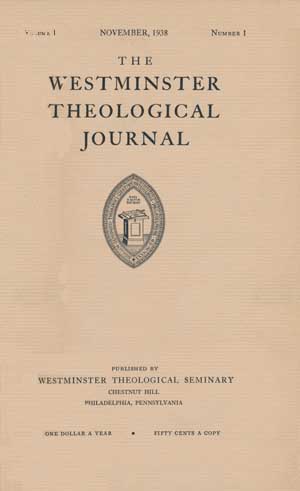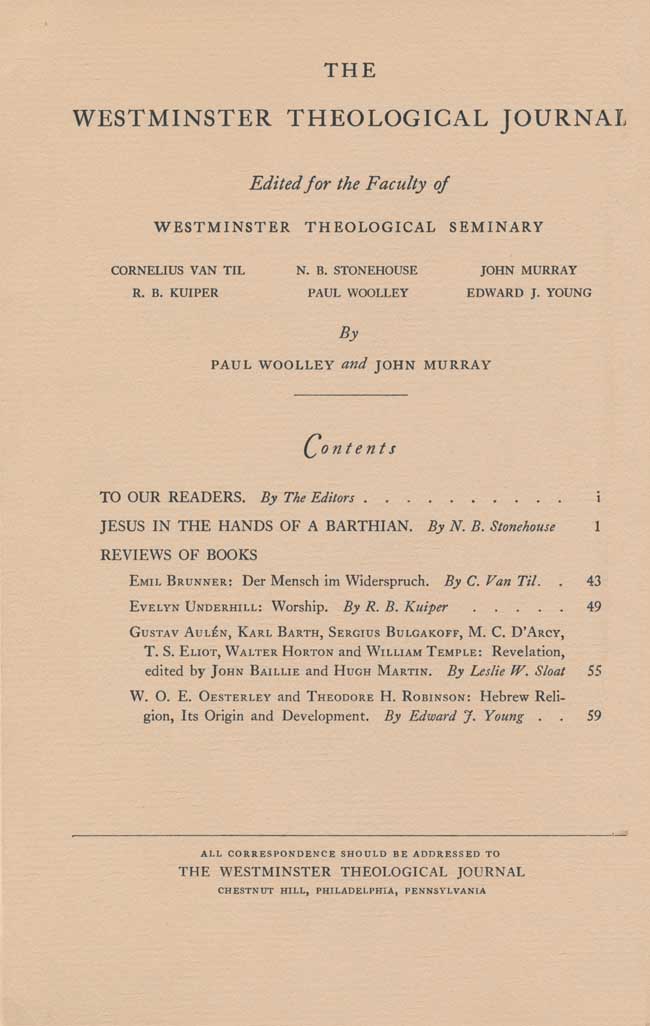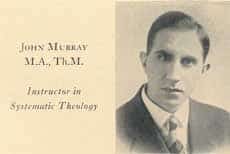New Church Sends Communication to All Christian Churches
It was at the close of the First General Assembly of what was originally named the National Presbyterian Church (a year later, renamed the Presbyterian Church in America) that a message was sent to all churches of Jesus Christ throughout the world from this new denomination. Adopted and then sent on December 7, 1973, the elders of this new Presbyterian Church wished everyone to know of their principles and convictions which occasioned this new Church.
Chief among them was the sole basis of the Bible being the Word of God written by inspired authors and carrying the authority of the divine Author. They desired that all branches of the visible church would recognize their conviction that “the Bible is the very Word of God, so inspired in the whole and in all its parts, as in the original autographs, the inerrant Word of God.” Further, it is the only infallible and all-sufficient rule of faith and practice.” (Message to all Churches, p. 1)
They also declared that they believed the system of doctrine found in God’s Word to be the system known as the Reformed Faith, as set forth in the Westminster Confession of Faith and Catechisms. They wanted everyone to know that this Reformed Faith is an authentic and valid expression of Biblical Christianity.
A third conviction was expressed to renew and reaffirm their understanding of the nature and mission of the Church. To them, Christ is King and the only Law-giver, having established the Church as a spiritual reality. It is composed of all the elect from all ages, manifested visibly upon the earth.
The chief end of man’s existence—our very reason for living—is to glorify God. That truth, reflected in the first answer of the Westminster Shorter Catechism aim, also implies that we give top priority to the Great Commission of our Lord Jesus Christ which speaks to going into all the world, preaching the gospel, and disciplining all nations, bringing them into the church.
Last, they sought a return to the historic Presbyterian view of Church government from the Session of the local church to the Assembly of all the local church representatives.
With a closing invitation to ecclesiastical fellowship with all who maintain their principles of faith and order, the address came to a close.
Words to live by: Even though the name was changed from National Presbyterian Church to Presbyterian Church in America in the next year after the publication of this Address, the principles and convictions have remained the same in this now forty year old church. If you are not in a Bible-believing, Gospel-preaching Presbyterian and Reformed church, prayerfully consider the testimony and witness of the Presbyterian Church in America.
To read the entire “Message to All Churches of Jesus Christ throughout the World,” click here.




